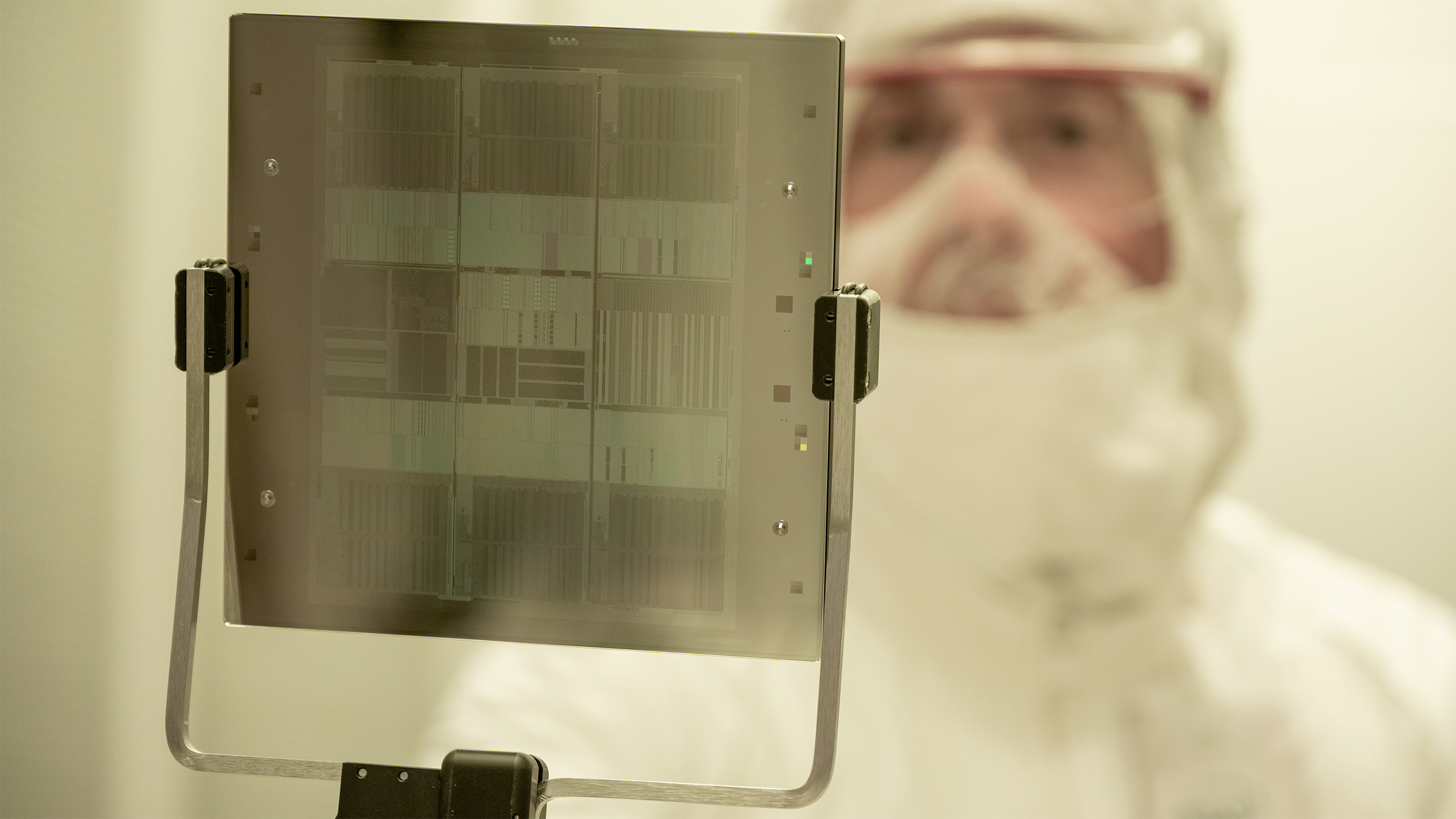Intel Sells Minority Stake in IMS Nano to TSMC
IMS Nano gains more independence

TSMC said on Tuesday that its board of directors approved purchase of a 10% stake in IMS Nanofabrication Global, a maker of multi e-beam photomask writing tools, from Intel for $432.8 million. The move strengthens IMS Nano's position, as the investment will ensure the world's largest foundry uses its tools. TSMC's BoD has also approved plans to invest $100 million in Arm.
IMS Nano specializes in the development and production of multi-beam photomask writing tools. These tools are considerably faster than single e-beam and optical writers, which is important these days as photomasks tend to wear out when used with extreme ultraviolet (EUV) lithography scanners. They allow production of photomasks with minor fixes faster than traditional tools. IMS's tools have grown in importance as EUV scanners have gained traction.
By investing in IMS Nano, TSMC is ensuring priority access to IMS's tools and technologies. This will likely strengthen collaborative relationship between the two companies, which could lead to co-developed tools tailored to TSMC's specific needs.
"TSMC has been working with IMS since 2012 on the development of multi-beam mask writers for advanced technology nodes," said Dr. Kevin Zhang, senior vice president of Business Development at TSMC. This investment continues the long-term partnership between TSMC and IMS to accelerate innovation and enable deeper cross-industry collaboration."
Intel initially invested in IMS in 2009 and took over the business in 2015. Intel divested roughly 20% of its shares in IMS Nanofabrication to Bain Capital, placing IMS's valuation around $4.3 billion this June. Intel believes that its move to grant greater autonomy to IMS will expedite innovations in lithography and will benefit the entire industry by promoting collaboration between different players.
Get Tom's Hardware's best news and in-depth reviews, straight to your inbox.

Anton Shilov is a contributing writer at Tom’s Hardware. Over the past couple of decades, he has covered everything from CPUs and GPUs to supercomputers and from modern process technologies and latest fab tools to high-tech industry trends.